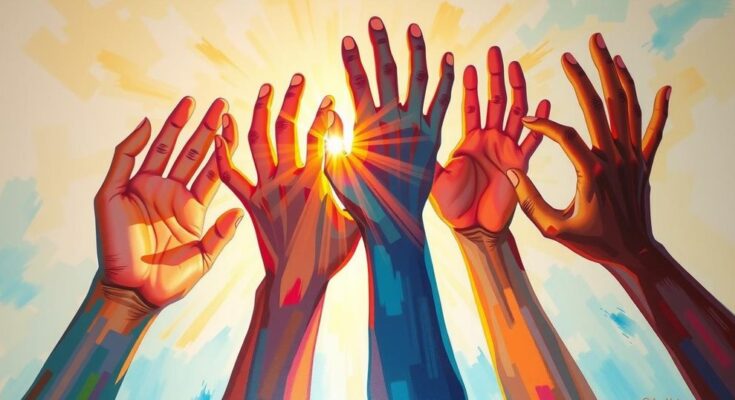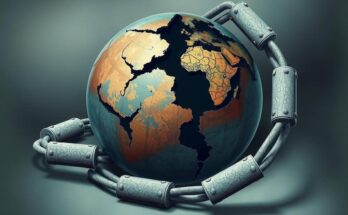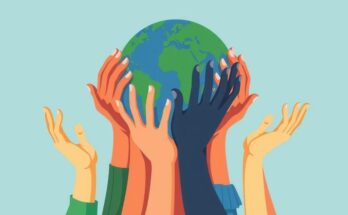Throughout a distinguished career spanning over thirty years in development and humanitarian work, the profound enigma of why stakeholders resist peace over conflict has perplexed many, including myself. Despite the endorsement of the Universal Declaration of Human Rights by 193 United Nations members in 1948, the underlying truth that all humans are entitled to equal rights remains denied, igniting turmoil worldwide.
The core of many global and local conflicts is this persistent denial of equal rights, especially evident in political landscapes where the dominance of particular tribes, parties, or social groups marginalises others. Until there is a collective effort to recognise this vital truth that everyone deserves equal rights irrespective of their identity, the cycle of suffering and injustice will only continue to expand.
UN Secretary-General Antonio Guterres emphasises that human rights—the very essence of our humanity—are under siege from autocrats and entrenched patriarchal systems that deny basic rights, including essentials like food and education. Furthermore, the rapid rise of artificial intelligence, while promising, poses a risk of exacerbating human rights violations with alarming ease, thus adding to this crisis.
The recently enacted Pact for the Future starkly reminds us that human rights are not just ideals; they present tangible solutions. For instance, reducing gender-based violence hinges on men’s recognition of women’s rights to live free from fear. Additionally, empowering women to make autonomous reproductive choices could resolve pressing family planning needs, embracing reproductive rights as outlined by the International Conference on Population and Development guidelines.
Youth rights must also be prioritised, guaranteeing equal opportunities for all young people to engage fully in society, from education to health services. Vulnerable youth, such as migrants and those with disabilities, must be afforded equal treatment and resources, fostering a more inclusive society. Such equitable treatment establishes the groundwork for a fairer, more just community.
Securing rights necessitates not only legislative frameworks but also a cultural shift towards valuing human rights within society. Fostering a human rights culture requires significant investments in educating citizens about their entitlements while empowering them to advocate for justice. This also includes a robust judicial system and accessible legal support to ensure enforcement of equal rights.
In Pakistan, the call for ‘equal rights for all’ is critical for addressing reproductive rights, curbing population growth, and eradicating gender-based violence. Emphasising education for marginalised groups, especially women and youth, can strengthen this narrative further. Integrating human rights into national policies is essential for ensuring fairness and access to fundamental rights for all.
To realise these ideals, a comprehensive action plan at the national level is imperative. This involves the thorough implementation, monitoring, and evaluation of policies that impact citizens’ rights. By ardently promoting and enforcing equal rights, Pakistan can aspire to create a society where equality prevails and every individual thrives under fairness.
This article discusses the importance of equal rights for all as a cornerstone for peace and societal progress, highlighting the ongoing global conflicts stemming from the denial of these rights. UN Secretary-General Antonio Guterres is quoted on the current suffocation of human rights, which are essential for addressing social injustices, particularly concerning gender-based violence and youth empowerment. The narrative advocates for education, policy integration, and community engagement in Pakistan to realise equal rights for all citizens, fostering inclusivity and justice.
In conclusion, the essence of human dignity and societal peace rests on the fundamental principle of equal rights for all. Without recognising and nurturing this truth, the cycle of injustice and conflict will persist. Cultivating a culture of human rights through education and empowerment will not only aid in alleviating suffering but also pave the path toward a more equitable and cohesive society. For a nation like Pakistan, the proactive adoption and integration of these rights into policy and practice can herald a new era of progress and inclusivity.
Original Source: www.thenews.com.pk



